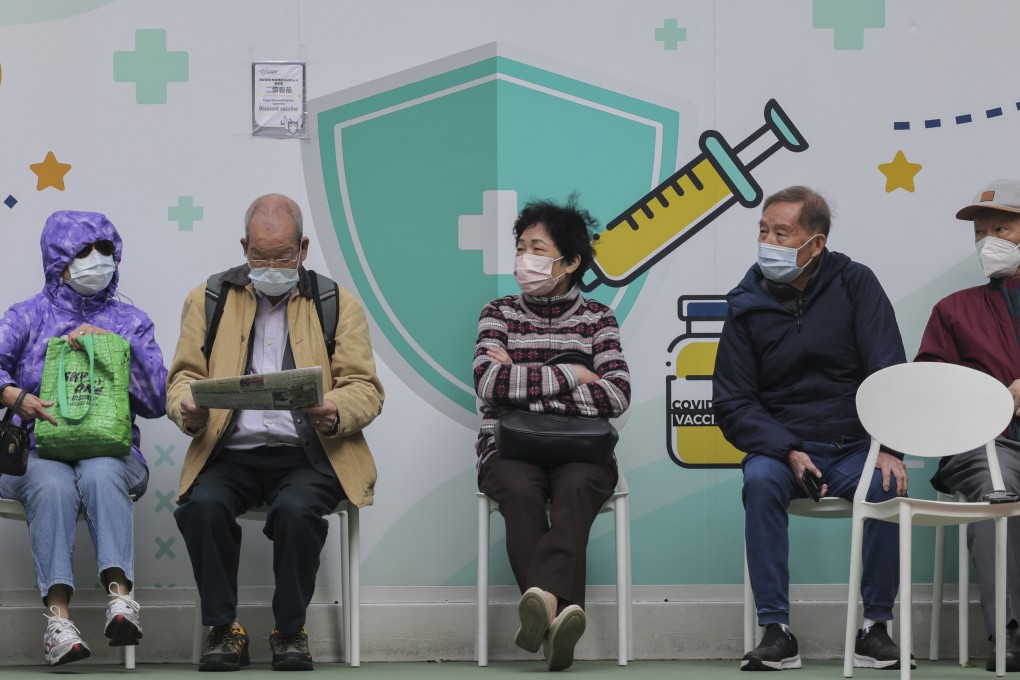Opinion | Come flu season, Hong Kong hospitals are mobbed again. Why won’t everyone just get jabbed?
- Hongkongers are rushing to hospital emergency departments at the first sign of flu. However, not enough people, particularly the vulnerable and healthcare workers, are getting the annual flu vaccination

The subject was discussed on a radio show I co-hosted last week with a panel of experts comprising an emergency ward doctor from Caritas Medical Centre, a paediatrician from the Hong Kong Medical Association, the chairman of the microbiology department at the School of Clinical Medicine at the University of Hong Kong, and the president of the Practising Pharmacists Association. I also subsequently filed some questions with the Department of Health.
The consensus seems clear: there is no need for members of the public to panic when flu symptoms first appear. Most cases can be treated by staying home from work or school for a day or two and drinking lots of water. Common medicines obtainable without prescription will, in most cases, fix things. If recovery is still delayed, then a visit to the local doctor is warranted.
Only if the patient’s condition deteriorates sharply at any point is it necessary to visit the nearest public hospital. Triage nurses are there to distinguish genuinely serious cases from milder ones, not to marshal crowds with nothing more serious than a cough or cold.
